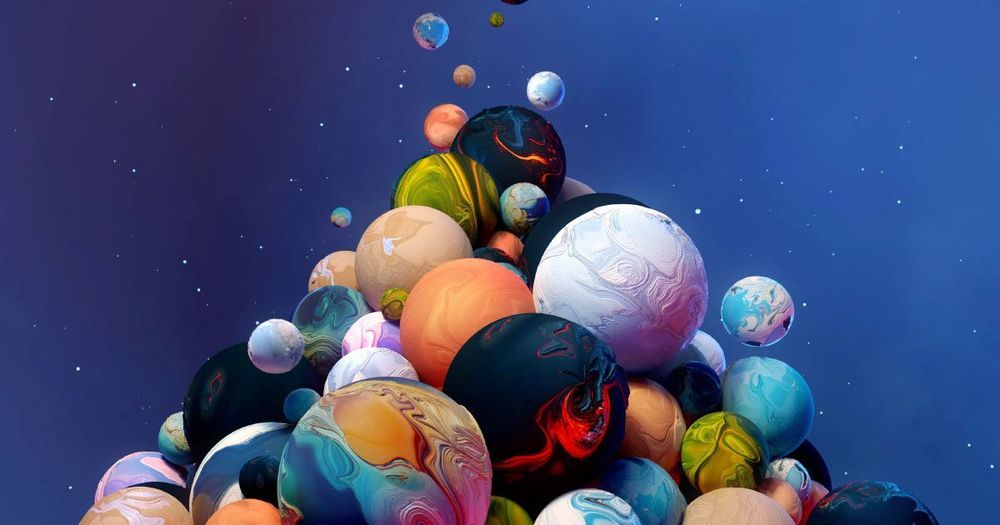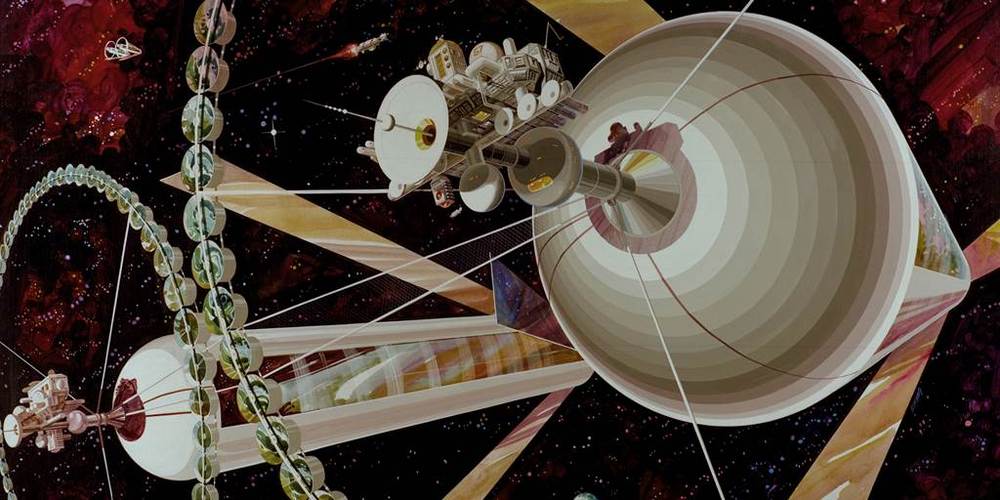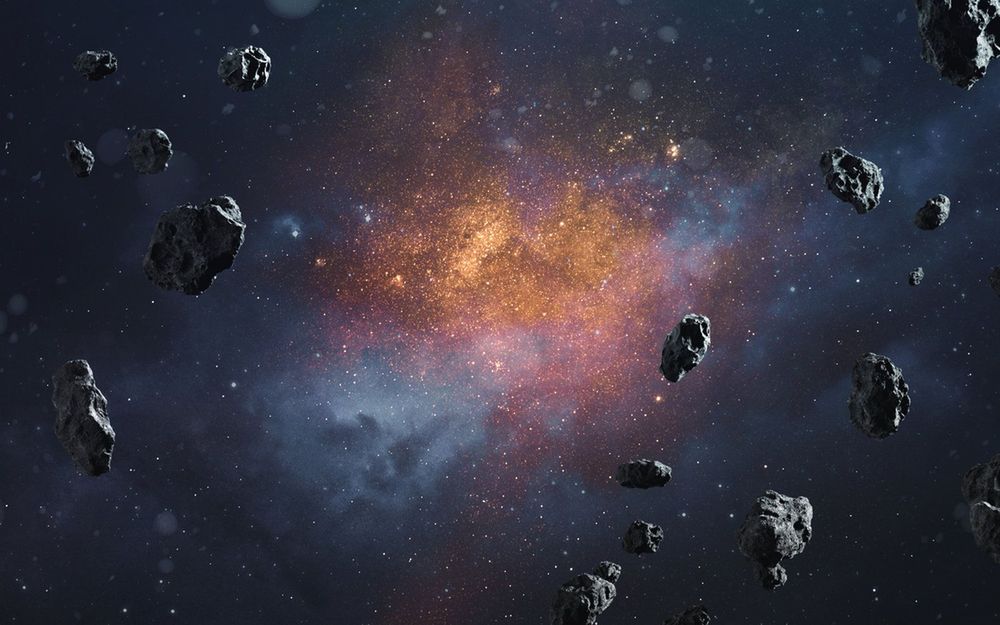NASA found the Beresheet moon lander’s crash site via its Lunar Reconnaissance Orbiter. The agency posted images of the area on Wednesday.
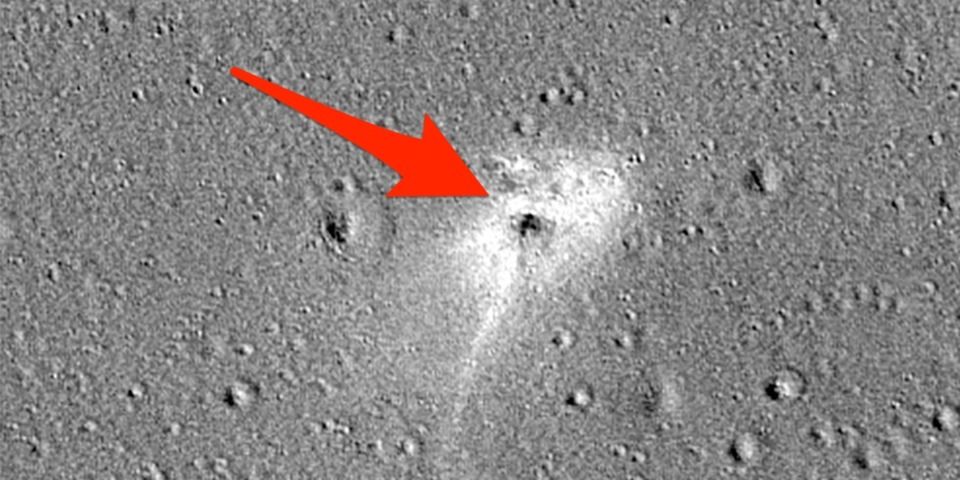

Raul Polit Casillas at NASA’s JPL created a 3D-printed “space fabric” that’s flexible, easy to create, and a thermal regulator.
FACEBOOK: https://www.facebook.com/mashable/
TWITTER: https://twitter.com/mashable
INSTAGRAM: https://www.instagram.com/mashable/
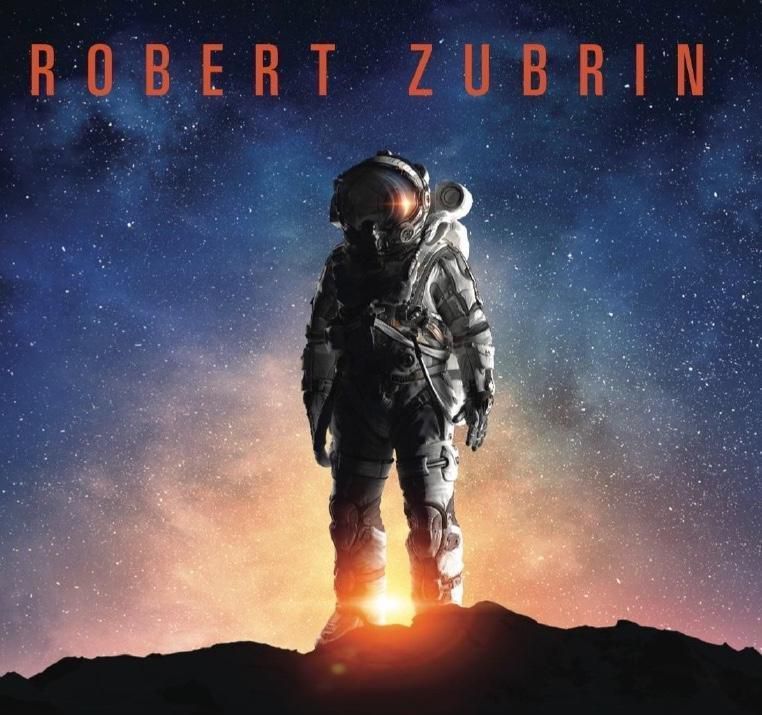
Greg Autry reviews Robert Zubrin’s new book, The Case for Space. The good doctor knows a lot more than just Mars. The book envisions a bright future for humanity in the solar system and beyond, backed by scientific, engineering and economic analysis from the expert who brought us the Case for Mars.
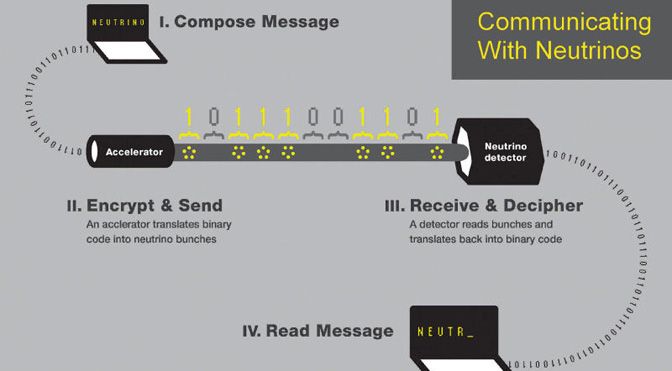
Scientists working at the Fermi National Accelerator Laboratory (Fermilab) near Chicago have successfully communicated a short digital message using a stream of neutrinos. While this sounds cool, the truly exceptional bit is that the message was transmitted through 790 feet (240m) of solid stone.
Neutrinos are subatomic particles (like electrons or quarks, or the theorized Higgs boson) that have almost zero mass, a neutral charge (thus their name), and travel at close to the speed of light. Unlike almost every other particle in the universe, neutrinos are unaffected by electromagnetism (because of their neutral charge), and only subject to gravity and weak nuclear force. This means that neutrinos can easily pass through solid objects as large as planets. Every second, 65 billion neutrinos from the Sun pass through each square centimeter of the Earth at almost the speed of light.
To recreate this effect, the Fermilab scientists used a particle accelerator (NuMI) to shoot a stream of neutrinos through 240 meters of stone at the MINERvA neutrino detector. If MINERvA detected neutrinos, it registered as a binary 1; no neutrinos, binary 0. Using this technique (pictured above), the scientists, with a burst of originality to rival Alexander Graham Bell himself, transmitted the word “neutrino.”

A self-assembling space habitat, a deep sleep chamber to shuttle astronauts on long journeys, and a protective magnetic force field are the latest projects NASA is embarking on.
NASA’s Innovative Advanced Concept (NIAC) Program is responsible for funding futuristic space concepts that could, as NASA puts it, “change the possible.” It’s not enough to merely be a cool concept, though—projects are also screened for technical plausibility. In its latest round of funding, NIAC’s Phase II program has selected eight projects to move ahead. Among the most promising ones are three focusing on how to build livable future habitats in space.

Physicists have demonstrated a new way to obtain the essential details that describe an isolated quantum system, such as a gas of atoms, through direct observation. The new method gives information about the likelihood of finding atoms at specific locations in the system with unprecedented spatial resolution. With this technique, scientists can obtain details on a scale of tens of nanometers—smaller than the width of a virus.
Experiments performed at the Joint Quantum Institute (JQI), a research partnership between the National Institute of Standards and Technology (NIST) and the University of Maryland, use an optical lattice—a web of laser light that suspends thousands of individual atoms—to determine the probability that an atom might be at any given location. Because each individual atom in the lattice behaves like all the others, a measurement on the entire group of atoms reveals the likelihood of an individual atom to be in a particular point in space.
Published in the journal Physical Review X, the JQI technique (and a similar technique published simultaneously by a group at the University of Chicago) can yield the likelihood of the atoms’ locations at well below the wavelength of the light used to illuminate the atoms—50 times better than the limit of what optical microscopy can normally resolve.
